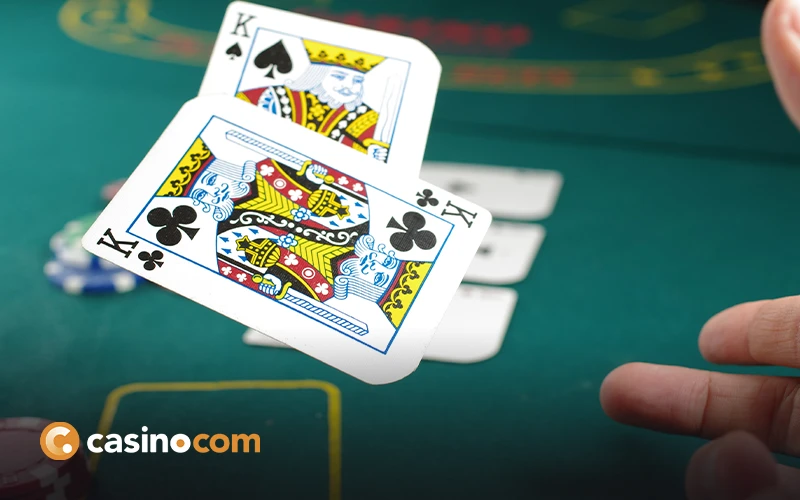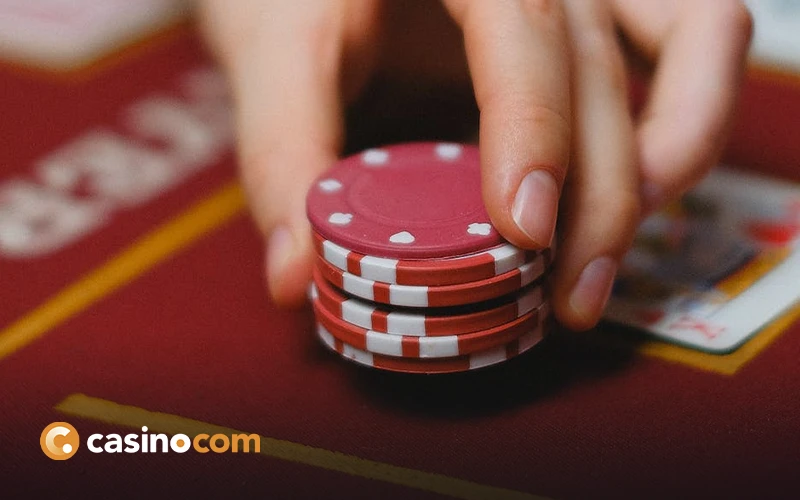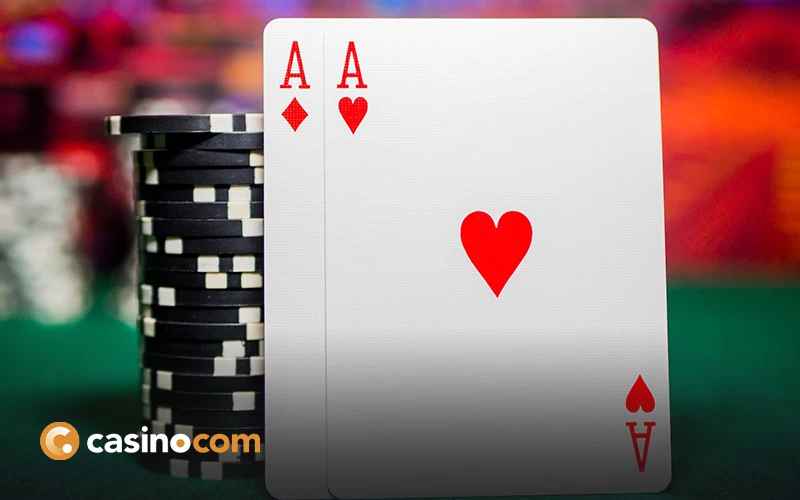If you’re new to blackjack, you’ve probably heard about “single deck” games and wondered what makes them different. This guide will explain what single-deck blackjack is, how to play it smart, and why basic strategy is important—but not the whole story.
What Is Single-Deck Blackjack?
Single-deck blackjack is a version of the game played with only one deck of 52 cards. It gives them a better chance of winning compared to games with 6 or 8 decks. That’s partly true, but only if you use the correct strategy.
Why Basic Strategy Matters
Basic strategy is the best way to play each hand based on math, not guesswork. It tells you exactly what to do depending on:
- What cards you have
- What card the dealer is showing
You can use a strategy chart to help. Look at your hand on the left side of the chart and the dealer’s card across the top. The chart will tell you when to:
- Hit (take another card)
- Stand (keep your total)
- Double (double your bet and take one more card)
- Split (separate a pair into two hands)
- Surrender (give up your hand and lose half your bet—only allowed in some games)
Different charts depend on the rules of the game, especially whether the dealer hits or stands on a soft 17 (that’s a 17 made with an ace and a 6).
A Few Basic Rules to Remember
Here are some simple phrases to help you learn faster:
Splitting:
- Always split Aces
- Never split Tens
- Always split 8s
- Split 2s through 7s if the dealer has a weak card (2–7)
- Never split 5s—treat them like a 10 and double if the dealer has 2–9
Soft Totals (You have an Ace counted as 11):
- A,9 (soft 20): Always stand
- A,8 (soft 19): Double if the dealer shows 6, otherwise stand
A,7 (soft 18): Double if dealer shows 2–6, hit if 9–Ace, otherwise stand - A,6 or lower: Try to double if the dealer has 4–6, otherwise hit
Hard Totals (No Ace or Ace counts as 1):
- 17 or more: Always stand
- 12–16: Stand if dealer shows 2–6, otherwise hit
- 11: Always double
- 10: Double if dealer has 2–9, otherwise hit
- 9: Double if dealer has 3–6
- 8 or less: Always hit
Surrender:
- Surrender 16 against a dealer’s 9 through Ace
- Surrender 15 against a dealer’s 10
- If you can’t surrender, follow the hard total rules
Basic Strategy Isn’t Everything
Many beginners think that if they memorize the strategy chart, they’ll beat the casino. That’s not true. A basic strategy helps you lose less, but it doesn’t eliminate the house edge.
To win long term, you need to learn card counting, betting strategies, and how to change your play based on the cards left in the deck. That’s called “strategy deviations,” and it’s something you can learn later once you master the basics.
How to Learn Basic Strategy
- Start with one chart. Don’t confuse yourself by looking at too many.
- Practice a lot. Use flashcards, apps, or print out a blank chart and fill it in by memory.
- Be perfect. If you make a mistake once every 100 hands, you’re not ready yet. You want to get it 100% right even under pressure.
- Know the difference. Charts are slightly different for games where the dealer hits on soft 17 (H17) vs. stands on soft 17 (S17). Additionally, single-deck and multi-deck games exhibit minor differences.
Final Thoughts
- Never take insurance. It’s a bad bet, even in single-deck games.
- If you can’t split a pair (because of casino rules), play it like a regular hand based on the total value.
- Stick to one strategy source. Mixing charts from different websites can confuse you.
Mastering single-deck blackjack starts with basic strategy, but doesn’t end there. Think of it as your first step. Once you’ve nailed it, you’ll be ready for more advanced skills like counting cards and playing with an edge.
FAQ
What Is Single-Deck Blackjack?
Single-deck blackjack is a version of the game played with just one deck of cards. In this game, the dealer hits on a soft 17 (a hand consisting of an Ace and a 6). You can split up to three hands, but you can’t surrender. If you split Aces, you’ll only get one card for each.
Is Single-Deck Blackjack Better Than Multi-Deck?
Yes, single-deck blackjack usually gives you better odds. The fewer decks in play, the easier it is to get a blackjack. For example, your chance of getting a blackjack in an 8-deck game is about 98% of what it is in a single-deck game. That slight difference matters over time, making single-deck blackjack a better option for smart players.
Do Casinos Still Offer Single-Deck Blackjack?
Yes, but it’s rare. Since single-deck games give players better odds, casinos often make the rules tougher, like paying only 6:5 for a blackjack instead of the usual 3:2, or limiting when you can double down. These changes help the casino keep its edge.
What Are the Odds in Single-Deck Blackjack?
If you play perfectly, your chances of winning a hand are about 42%. The dealer wins around 49%, and about 9% of hands end in a tie, known as a push. With a perfect strategy, the house edge in single-deck blackjack is around 0.5%, which is lower than many other casino games.




